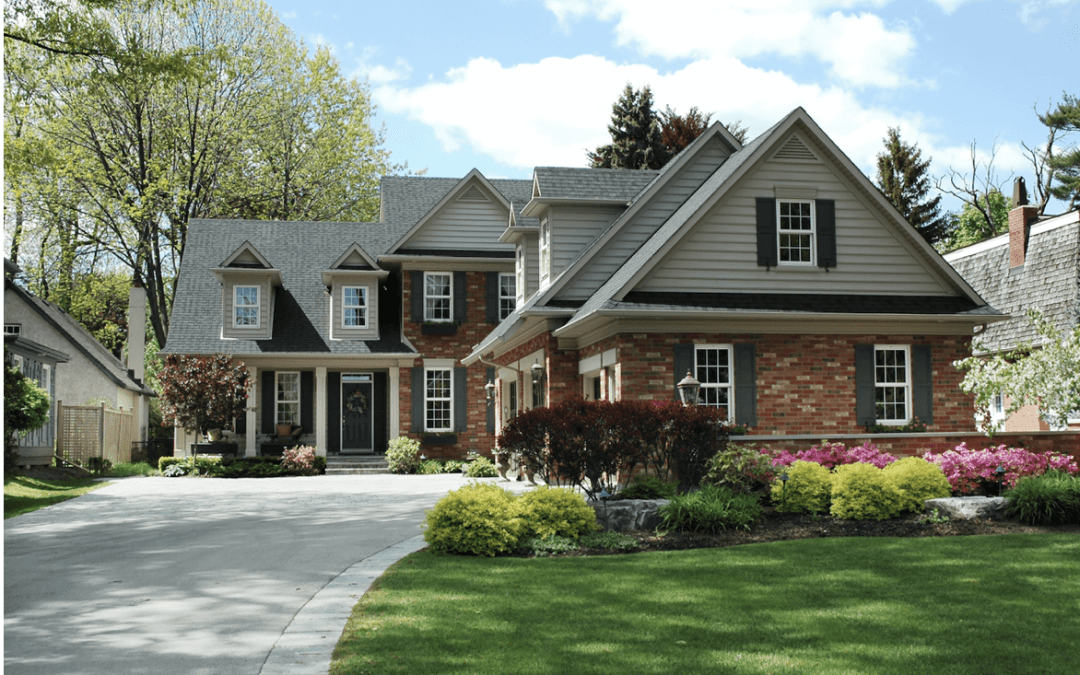Historically, this time of year we would be headed into the busy spring home-buying season. 2020 started with record low levels of inventory, strong demand for homes (given the growth in
our local market combined with low unemployment, 2.5% statewide and 3.5% nationally), and near record-low mortgage rates. However, the Coronavirus (also known as COVID-19) is making
life, and the real estate market, anything but normal.
With all of the uncertainty surrounding the impact of the Coronavirus, some are concerned we may be headed for another housing crash. This feeling is understandable. While no one can predict the future, there is however plenty of evidence that the impact on housing will be short-lived and nothing like what we saw in 2008. In 2008, the U.S. economy entered a mortgage and housing crisis that caused financial turmoil around the world. The crisis was a result of lax credit standards, too much borrowing, and flawed financial modeling, which was largely based on the assumption that home prices would
only go up. When interest rates began to climb and buyer demand dropped, homeowners and speculators were left with mortgages they could not pay. Foreclosures increased and supply
ballooned, outpacing demand which dropped as a result of increased long term unemployment rates. Consequently, prices continued to fall leading to a vicious cycle that saw dramatic
declines in home values.
In contrast, the challenges we face as a result of the Coronavirus are very different from what we faced in 2008 and are not the result of systematic underlying problems. If we look for guidance
from our past, the impact from the Coronavirus is closer to 9/11 – an external shock to an underlying healthy and strong economy and housing market. 9/11 resulted in major disruptions,
stock market declines, and concerns over what might come next causing some homebuyers to sit on the sideline which resulted in a short term drop in home sales. However, all of that pent up
demand came surging back once the initial shock of the events passed, and 2001 finished as a strong year for home sales nationwide.
Previous pandemics have simply put the housing market on pause. According to a study on housing during previous pandemics, while home sales dropped dramatically during the
pandemic, home prices stayed about the same or suffered a slight decrease. Putting it simply, it’s harder for prices to change when there are few transactions.
Furthermore, the federal government has announced a moratorium on foreclosures on any mortgages backed by Freddie Mac, Fannie Mae, or the Federal Housing Administration (FHA)
with many private lenders expected to follow the government’s guidance. This is an important measure that will keep the bottom from falling out of the housing market due to rapidly rising
foreclosures, like it, did in 2008.
Below are four reasons why the Coronavirus is nothing like the housing crash of 2008: 1. During the housing bubble of 2008, it was not very difficult to get a mortgage, which is
not the case today as mortgage standards are much tighter.
2. Even though annual house price appreciation has been quite strong recently, it is nowhere near the rise in prices that preceded the 2008 crash. Normal appreciation is 3.6%. While
current appreciation is higher than the historic norm, it’s certainly not accelerating beyond control as it did in the early 2000s.
3. In 2008, inventory skyrocketed causing prices to tumble when demand began to decline. Today, there is a historic shortage of inventory, which, in the short term, will only get
worse as Sellers hold off on listing homes for sale.
4. While home prices have increased in the last few years, so too have wages. Moreover, mortgage rates have dropped to around 3.5%. This means the average family pays less of
their monthly income toward their mortgage payment than they did in 2008 when home prices were high, wages were lower, and mortgage rates were over 6%.
The concerns are real, but so is the progress. In many countries, we have already seen declines in new Coronavirus cases and the return, however slowly, to some sense of normalcy. We cannot
predict how long any recovery will take, but there is no doubt that when the impacts of the Coronavirus has passed, the housing market will rebound. In the meantime, listings, sales, and
closings are taking place and new mortgages are being approved every day. Our agents are here to help you achieve your goals, whether it be now or after the impacts of the Coronavirus have
passed.

